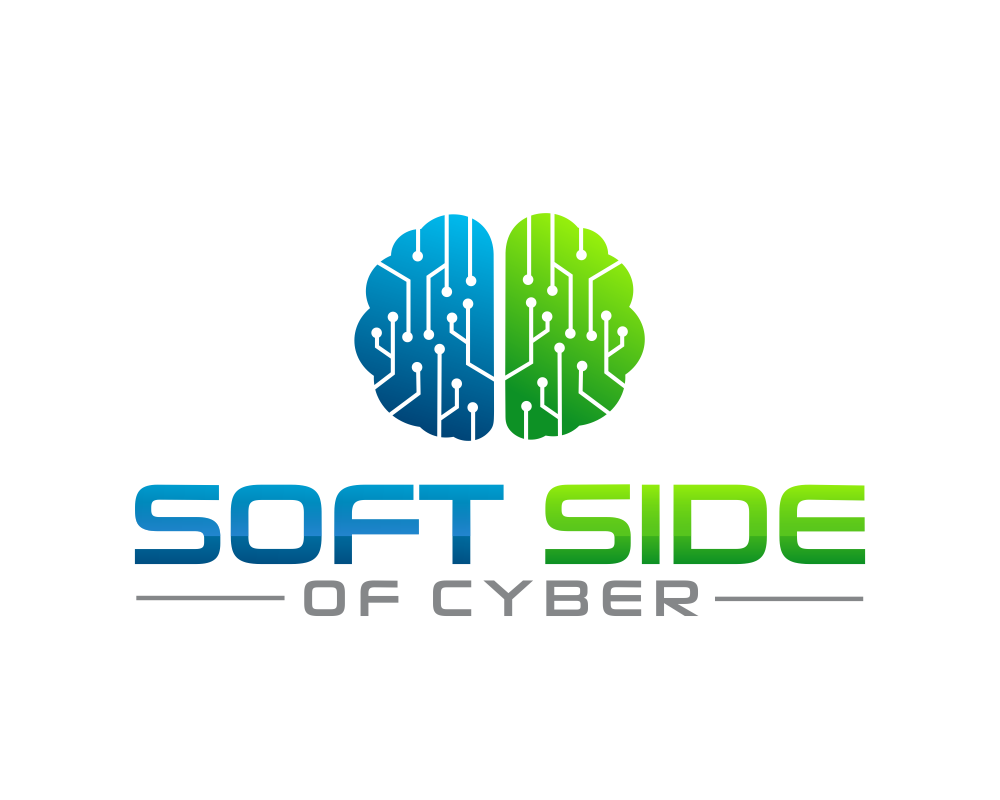
Part 3: Fostering an Inclusive Workplace Culture for Cybersecurity Teams
Welcome back for the 3rd installment in our series about diversity, equity, and inclusion (DEI) in cybersecurity. In the first piece, we spoke about how diverse teams help advance cybersecurity. We discussed how a wider range of people and viewpoints aid in the detection and mitigation of novel security threats. In the second article, we talked about equity in cybersecurity and how to foster a level playing field for all employees. We discussed the importance of fair hiring practices, career development opportunities, and equal pay. In this piece, we'll discuss how to create a more welcoming environment for all employees in the field of cybersecurity, as well as why it's important.
Inclusion refers to the practice of making sure that everyone, regardless of who they are or where they come from, is treated with dignity and respect. We'll talk about the value of inclusion in cybersecurity, as well as some strategies for creating a welcoming environment at work.
There are several ways in which a more accepting work environment might improve cybersecurity performance. For starters, it encourages people to work together. When people believe their contributions matter, they are more likely to collaborate to achieve a common goal. Cybersecurity threats can be better identified and addressed with this cooperative effort.
Second, a welcoming environment is conducive to creative problem-solving. When people with unique experiences and viewpoints join together, they generate new solutions for old problems. As a result of this variety of perspectives, novel approaches to difficult cybersecurity issues may be developed.
Finally, a welcoming work environment can aid in retaining star performers. When workers have a strong sense of belonging and appreciation, they are more invested in their work and loyal to the organization. The result is a more stable and efficient workforce with fewer vacancies.
So how can organizations foster an inclusive workplace culture in cybersecurity? Here are some strategies to consider:
Provide training and education: Provide staff, especially cybersecurity specialists, with diversity and inclusion training. Unconscious prejudice, microaggressions, and methods for fostering an inclusive workplace culture are just some of the issues that should be addressed in such training. The importance of diversity and inclusion can be better understood by everybody if people are trained to recognize it.
Encourage open communication: Insist that team members be open and honest with one another when communicating. Create an environment where all employees' voices are heard, even if they don't agree with the status quo. Collaboration and creative problem-solving will improve as a result.
Foster diversity in leadership: Encourage a wide range of people to assume positions of leadership within your organization. Leaders who reflect the diversity of their workforce are better able to meet the demands of all their employees. A more welcoming culture like this can do wonders for a company's ability to find and keep talented people from all walks of life.
Create employee resource groups (ERGs): Make use of ERGs to foster an environment where all employees feel welcome and accepted, regardless of their background or identity. A sense of community and chances for professional growth can be cultivated in ERGs.
Establish metrics and accountability measures: Create metrics and accountability methods to track progress toward diversity and inclusion objectives. This can help organizations identify areas for improvement and hold themselves accountable for creating an inclusive workplace culture.
In conclusion, an inclusive workplace culture is essential for building a successful cybersecurity team. It promotes collaboration, innovation, and talent retention. By implementing these strategies, organizations can create a diverse and resilient cybersecurity workforce that is better equipped to tackle the complex cybersecurity challenges of the future. Let us continue to prioritize diversity, equity, and inclusion in cybersecurity and work together to strengthen our industry.


